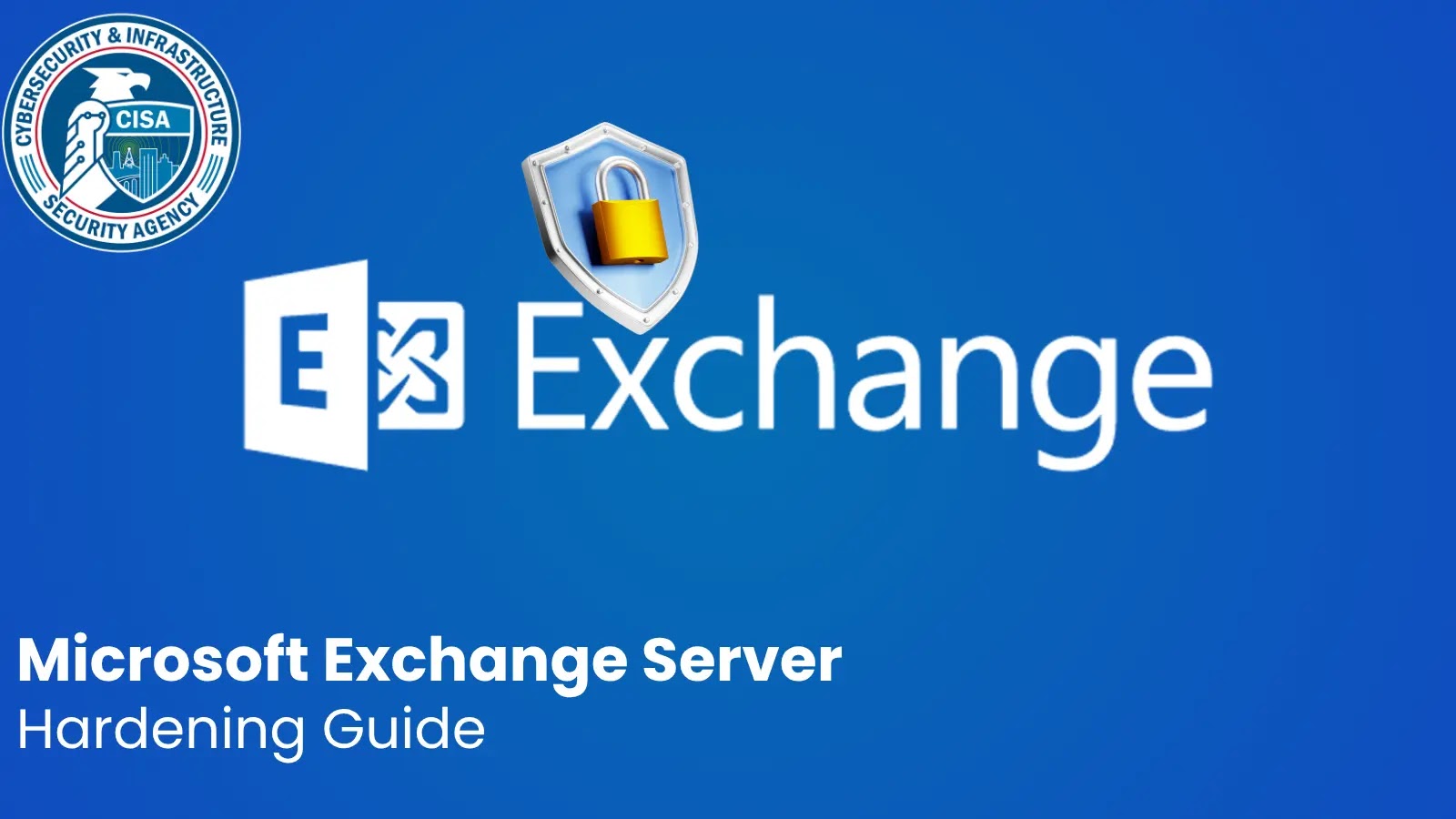In recent developments, cybersecurity researchers have identified a series of malicious Go and npm packages designed to infiltrate developer environments, deploy cross-platform malware, and, in some cases, execute remote data wipes. These findings underscore the escalating risks within the software supply chain, particularly affecting open-source ecosystems.
Malicious Go Packages: A Cross-Platform Threat
A set of 11 malicious Go packages have been discovered, each engineered to download and execute additional payloads on both Windows and Linux systems. These packages include:
– `github.com/stripedconsu/linker`
– `github.com/agitatedleopa/stm`
– `github.com/expertsandba/opt`
– `github.com/wetteepee/hcloud-ip-floater`
– `github.com/weightycine/replika`
– `github.com/ordinarymea/tnsr_ids`
– `github.com/ordinarymea/TNSR_IDS`
– `github.com/cavernouskina/mcp-go`
– `github.com/lastnymph/gouid`
– `github.com/sinfulsky/gouid`
– `github.com/briefinitia/gouid`
These packages conceal obfuscated loaders capable of fetching second-stage payloads from remote command-and-control (C2) servers. Once executed, these payloads can gather host information, access web browser data, and communicate back to the C2 server. The cross-platform nature of these attacks means that both Linux build servers and Windows workstations are susceptible to compromise.
The decentralized structure of the Go ecosystem exacerbates this issue. Developers often import modules directly from GitHub repositories, leading to confusion when similarly named modules appear in search results. Attackers exploit this by crafting malicious module namespaces that appear trustworthy, increasing the likelihood of inadvertent integration into projects.
Malicious npm Packages: Remote Data Wipes and System Compromise
In parallel, two npm packages—`naya-flore` and `nvlore-hsc`—have been identified as masquerading as WhatsApp socket libraries. These packages incorporate a phone number-based kill switch capable of remotely wiping developers’ systems. Collectively downloaded over 1,110 times, these packages remain available on the npm registry as of this writing.
Upon execution, these packages retrieve a remote database of Indonesian phone numbers from a GitHub repository. If the current phone number is not in the database, the package proceeds to recursively delete all files using the command `rm -rf ` following a WhatsApp pairing process. Additionally, the packages contain a function to exfiltrate device information to an external endpoint, though calls to this function have been commented out, suggesting ongoing development by the threat actor.
Broader Implications and Recent Incidents
These incidents are part of a broader trend of supply chain attacks targeting open-source ecosystems. For instance, the North Korean state-sponsored Lazarus Group has been implicated in deploying malicious npm packages designed to steal credentials and deploy backdoors. In one campaign, 67 malicious packages were identified, collectively downloaded over 17,000 times. These packages delivered a new malware loader called XORIndex to developer systems.
Another notable incident involved the compromise of the popular npm package `is`, which has over 2.8 million weekly downloads. The maintainer’s account was hijacked through a phishing attack, leading to the publication of malicious versions that included a WebSocket-based backdoor enabling remote code execution.
Mitigation Strategies
To mitigate these threats, developers and organizations should adopt a multi-layered security strategy:
1. Repository Firewalls: Implement firewalls to monitor and control the packages that can be added to your projects.
2. Stricter Governance Policies: Establish policies that require thorough vetting of third-party packages before integration.
3. Regular Scans: Conduct regular scans for indicators of compromise within your codebase and dependencies.
4. Centralized Repositories: Use centralized repositories with pre-approved packages to reduce the risk of introducing malicious code.
5. Two-Factor Authentication (2FA): Enable 2FA for all developer accounts to prevent unauthorized access.
6. Dependency Management Tools: Utilize tools that can detect and alert you to suspicious packages before they are integrated into your projects.
Conclusion
The discovery of these malicious Go and npm packages highlights the evolving nature of supply chain attacks and the importance of vigilance within the developer community. By implementing robust security measures and maintaining awareness of emerging threats, developers can better protect their environments from compromise.



